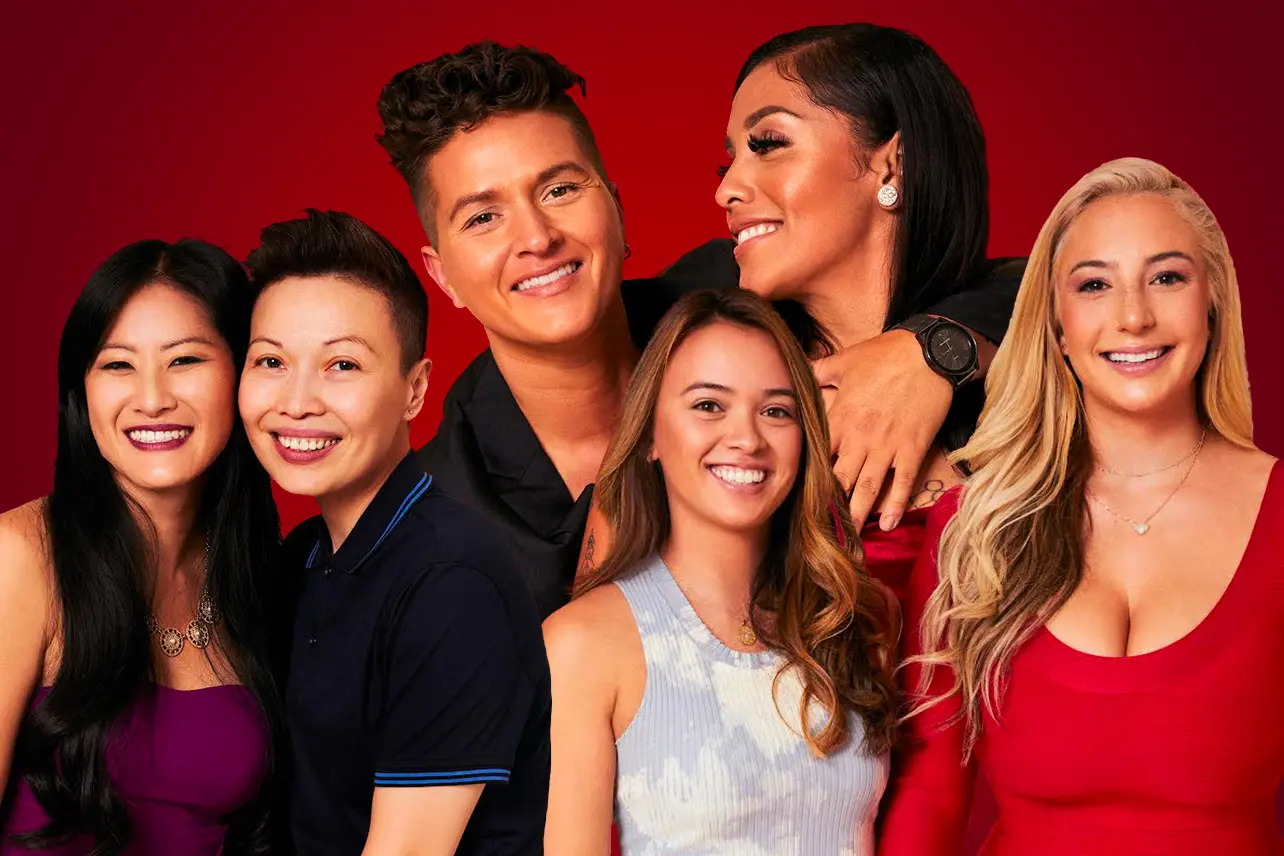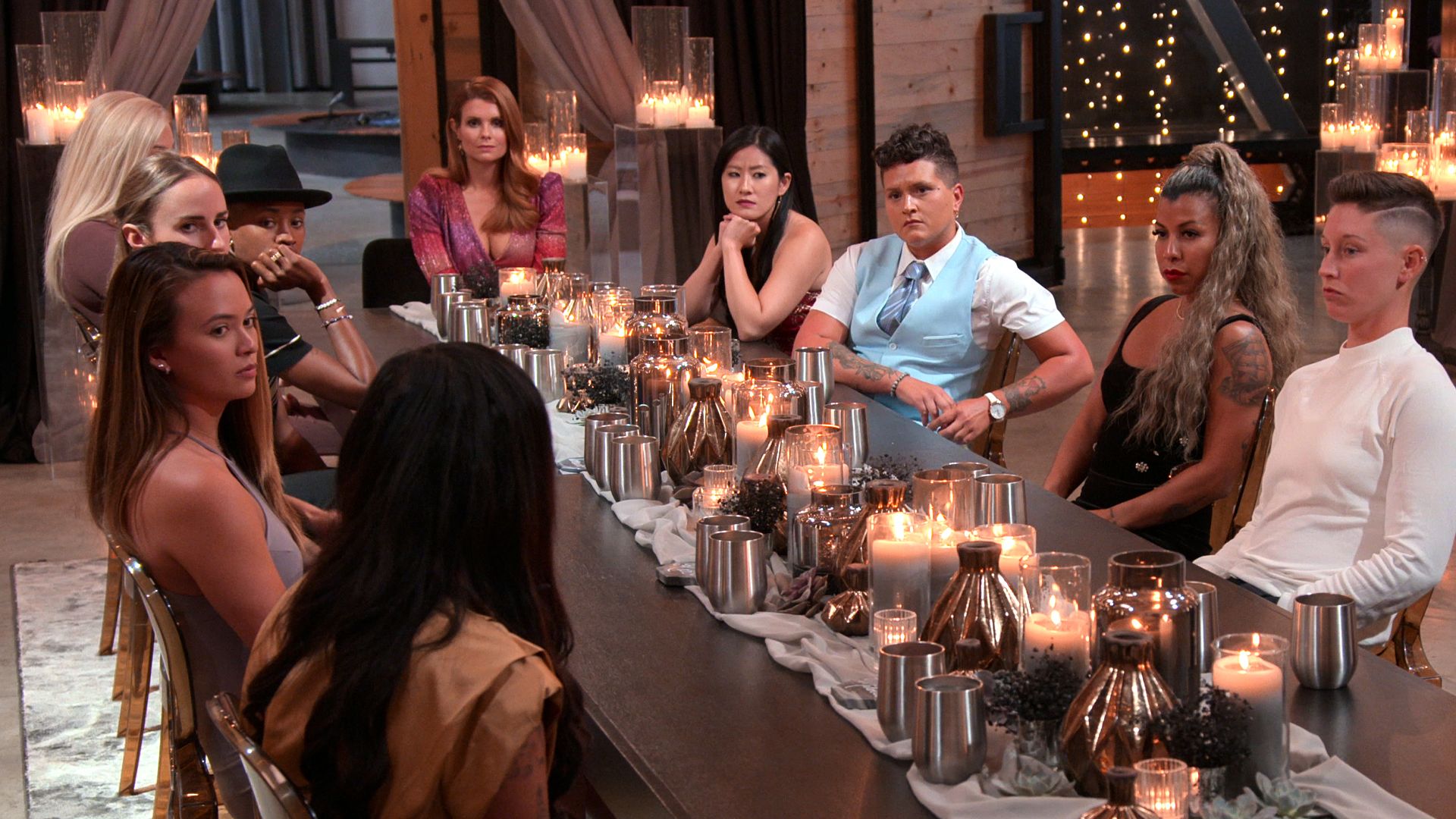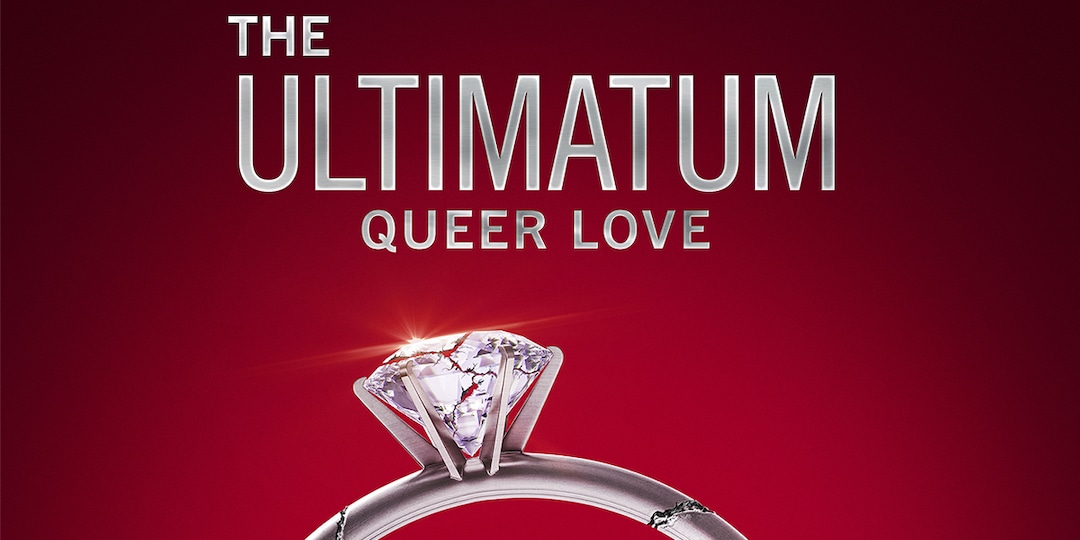By Maria-Nefeli Andredaki,
A new Netflix production was released on May 24th, as part of the already existing franchise “The Ultimatum”, a series where couples are faced with two options; leave the dating show engaged or break up for good.
What makes this new series different from the rest of Netflix’s long list of reality shows, as well as most other dating shows that we have grown up watching, is that it focuses exclusively on queer, sapphic couples, meaning that the participants are either women or non-binary people (who use different pronouns from the typical “she/her” but do not identify as male either). This focalization on the relationships between non-men and the intricacies of queer struggles is extremely rare, not only as an explicit portrayal, but also as an eligible production to be picked up, carried out and promoted by a major media company, such as Netflix.

We’ll discuss the impact this groundbreaking concept has had in the little time it has been out in the world but first, let’s explain the premise of the show. The general idea behind the “Ultimatum” is simple; find couples that disagree on taking the next step in their relationship, let them have a “trial-marriage” with a stranger for a couple of weeks and bring them back together to see if their views on marrying their partner have changed during the time they were apart and with other potential lovers. In this particular version of the show, five different couples were scouted across America. One person from each couple had declared their confidence in committing themselves to their partner for life, while the other, for various reasons, was not ready to comfortably move forward with such a decision.
Consequently, these five couples became ten individuals, newly single, who formed new, trial-relationships with someone else from the cast that they hit it off with. These new couples cohabited for three weeks and tried to navigate through their faux-marriage struggles and challenges, learning everything they can in the process; they met each others’ friends and family, fought and argued, shared their past experiences and sometimes even got intimate, which was a great issue for their previous partners, most of the time. When the three weeks were over, the original couples re-formed and cohabited for another three weeks, during which they expressed their new-found desire to marry their partner and save their relationship, start something new with their trial-wife or leave the game single, knowing they did everything they could and are ready to commit to themselves for a while.

But how is this show helpful to the LGBTQ community at all? Isn’t reality TV messy and dramatic, showcasing a scripted version of a person’s worst aspects? The answer would normally be somewhere in the middle, but, in this case, many viewers believe that the benefits of this representation in a dating show far outweigh the disadvantages. First and foremost, “Ultimatum: Queer Love” has opened the way for more queer, specifically sapphic and lesbian representation, by showing that such shows can be, in fact, successful; the idea that a show can focus on the female and gender non-conforming struggle, where people are treated as individuals whose feelings and existence does not revolve around or is expected to please the male gaze, is truly revolutionary as it humanizes these kinds of relationships, showing that the problems and insecurities they face are the same as in any other heteronormative one. There is also a distinct lack of sexualization, (but not sexuality), which is refreshing, considering the history of fetishization of sapphic relationships in the media.
All in all, it is a safe space, full of queer culture references and issues, mixed with a little drama and intrigue, as is usual for reality TV. Maybe, after all these seasons of “The Bachelor” and “Love is Blind”, it is high time that queer people got the chance to see themselves in such a context. What might seem as trashy to the typical heterosexual viewer, might be a way to normalize and demystify the reality of many couples to a broader audience, aiding to the improvement of their existence on a larger scale.
Oh… and if you just wanted a show recommendation you can easily binge it in a day or two, it’s super entertaining!




